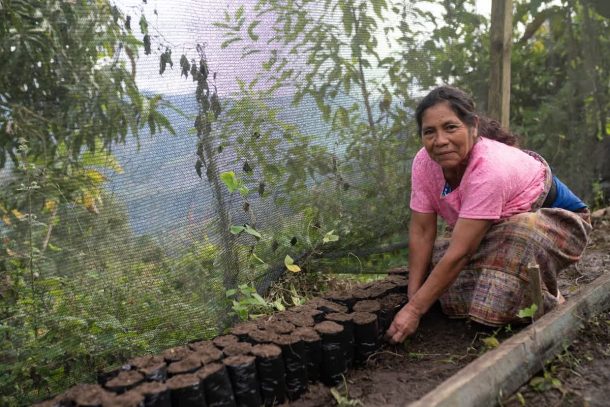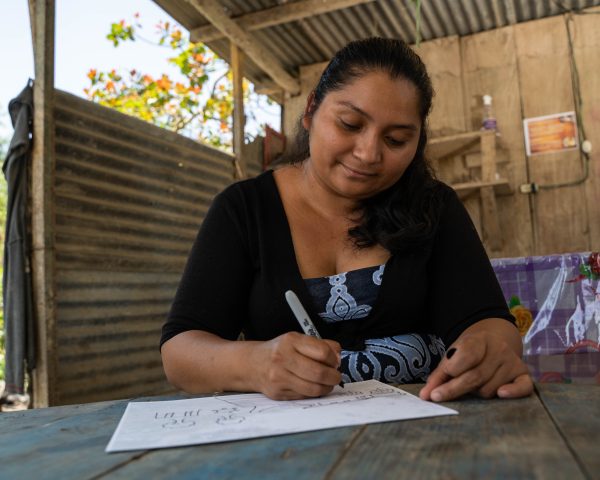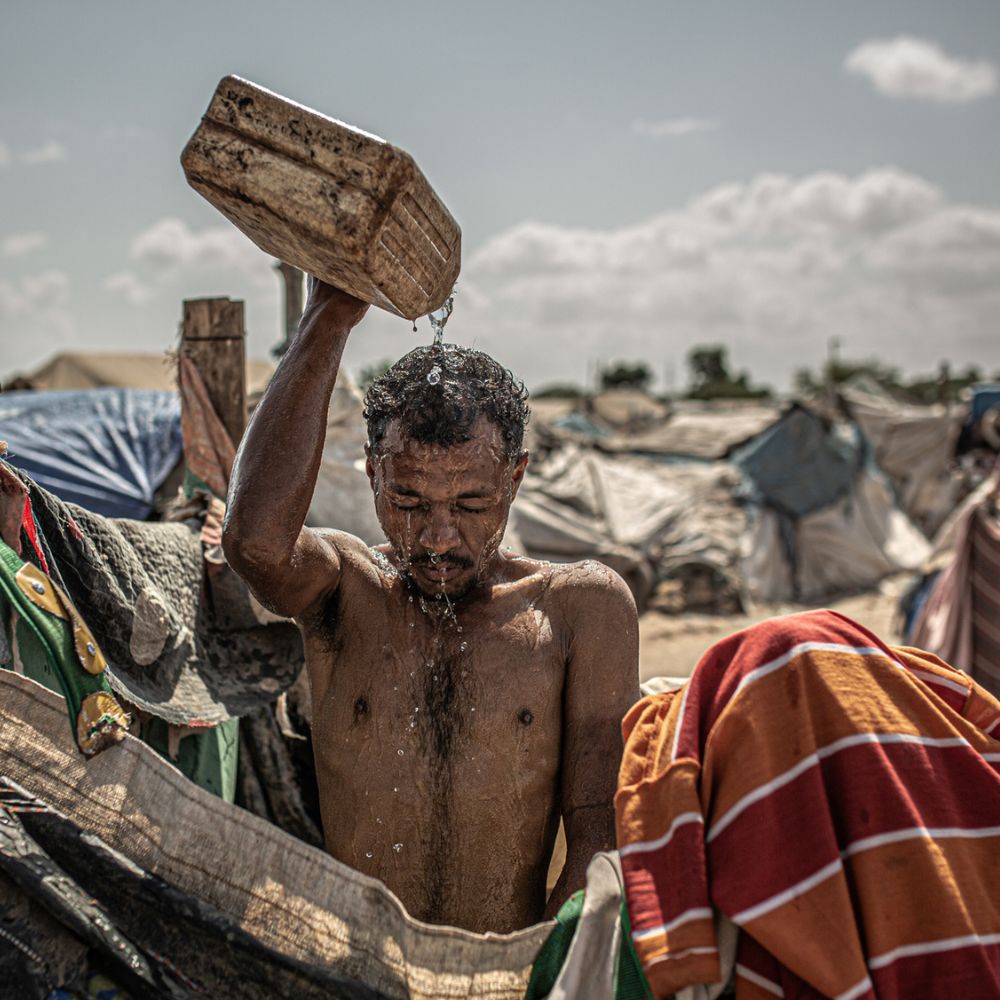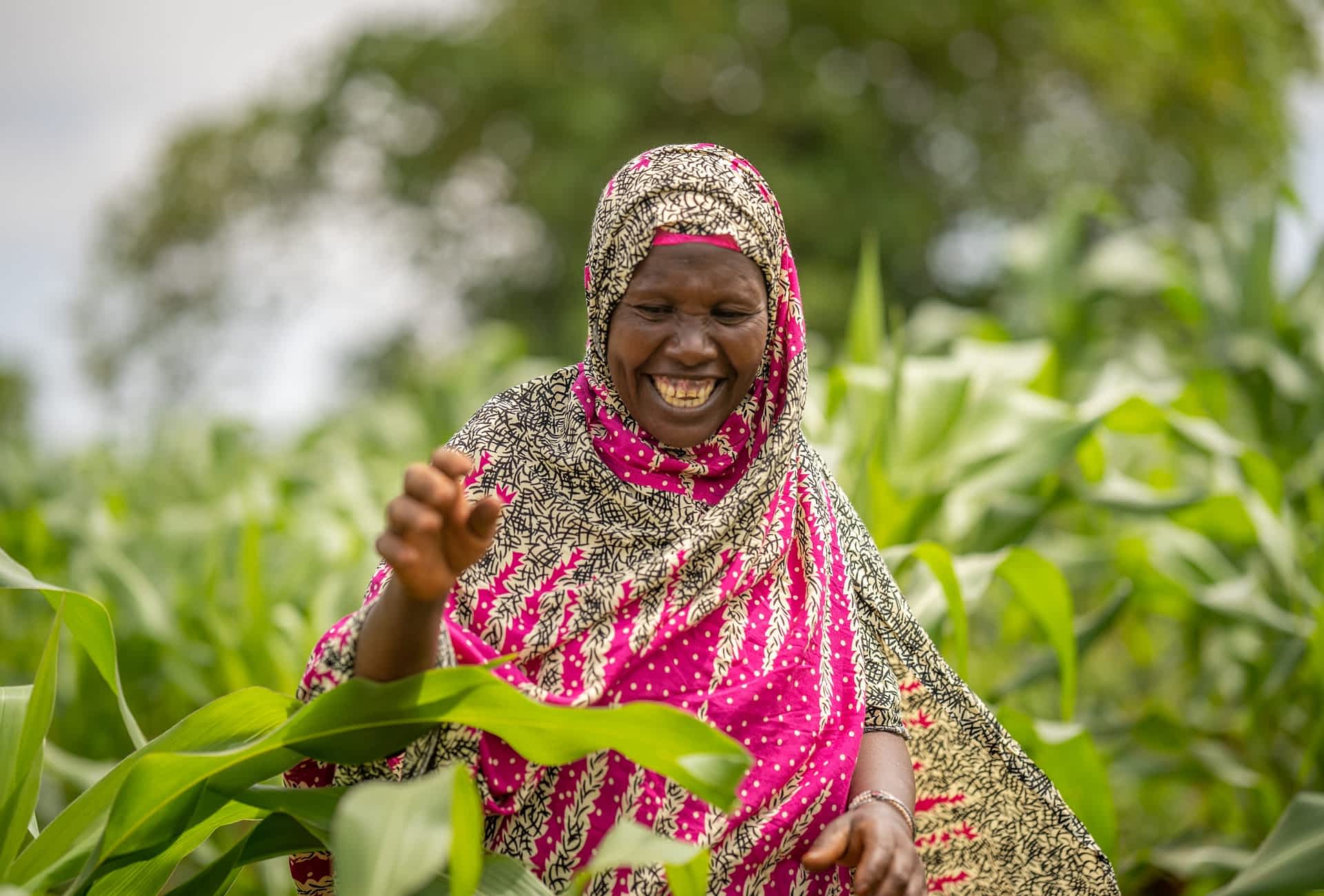Our work in Guatemala
Our work in Guatemala focuses on strengthening the voice and influence of young people, women, and Indigenous peoples in their communities, securing human rights, economic justice, access to quality education, and climate justice.

Photo: James Rodriguez/Oxfam
50.000 children
have gained access to quality bilingual education
40 local organizations
are supported by Oxfam Denmark and represents 8 million indigenous people
100 legal cases
on violation of indigenous peoples’ rights have been supported by us
10 climate adaption initiatives
are being implemented by Oxfam Denmark’ partners in Guatemala
Guatemala ranks among the most unequal countries in the world. Half of its population lives in poverty, while extreme concentrations of wealth and political power fuel social unrest, widespread human rights violations, and limited access to essential services such as education and healthcare.
Fighting for the rights of the indigenous people
More than half of Guatemala’s population is made up of indigenous peoples. We work alongside their organisations and movements to amplify their voices, strengthen their influence, and promote political reforms aimed at improving daily life. This includes protecting human rights, ensuring access to quality education, and advancing both economic and climate justice.
The country faces severe challenges from climate change, environmental degradation, and the unsustainable exploitation of natural resources. These pressures drive large-scale migration, erode economic opportunities, and deepen already alarming levels of inequality. The harshest impacts fall on young people, women, and indigenous communities — those least responsible for the crisis, yet most affected by it.
Peace cannot exist without justice, justice cannot exist without fairness, fairness cannot exist without development, development cannot exist without democracy, democracy cannot exist without respect for the identity and worth of cultures and peoples.
Rigoberta Menchú
Human rights activist and recipient of the Nobel Peace Prize in 1992
Støt børn af oprindelige folk i at få en kvalitetsuddannelse
Over to millioner børn går ikke i skole i Guatemala. De fleste af dem er børn af Maya-folkene, og halvdelen af dem, der kommer i skole, dropper ud inden 7. klasse, mens kun 2 ud af 10 bliver færdige.
Du kan støtte Oxfams successfulde arbejde med at sikre tosproget kvalitetsundervisning for børn af oprindelige folk og sørge for træning af lærere i nogle af Guatemalas mest udsatte områder.
Our goals in Guatemala
- To support the voice and active citizenship of women, youth, and indigenous people to demand public quality education
- To support alliances of civil society organisations in claiming economic justice
- To support civil society to defend democracy and human rights and to promote concrete proposals to strengthen gender justice and social protection
- To strengthen civil society’s advocacy for climate justice policies and demands for financing gender sensitive climate change mitigation and adaptation initiatives

Support the fight for an equal future
You can support Oxfam Denmark’s work for freedom, equality, and justice in Guatemala and other countries around the world.
Facts about Guatemala
- 50 percent of the population lives in poverty. Among indigenous peoples the number is 70 percent
- 36 years civil war ended in 1996 with more than 250,000 Guatemalans killed
- Absence of quality education for all is a key systemic barrier to democracy and respect for human rights in Guatemala
- Guatemala is among the worst ranking countries when it comes to violations of human rights of social leaders, journalists, and indigenous peoples

